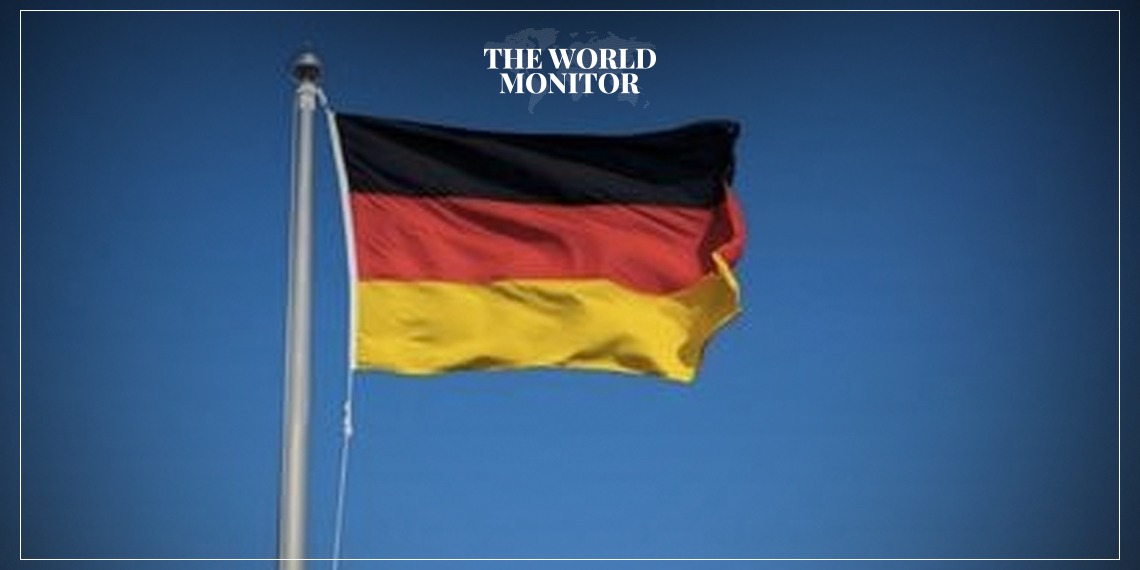On this Monday, the German federal government is engaging in critical consultations with the German states, focusing on the financing of refugee costs and the reduction in the number of asylum seekers. This highly anticipated conference also aims to address other significant topics, including the increase in funding for discounted public transport tickets in Germany, the reduction of bureaucracy by accelerating planning and approval processes, and hospital reforms.
In terms of immigration, the states are entering into negotiations with the federal government with high financial stakes and demands for the establishment of permanent regulations. The states have leveled accusations against the federal government for its desire to decrease its contribution to refugee reception costs from the current 3.75 billion euros to 1.25 billion euros for the following year, a move that the states are not ready to accept. A resolution passed in mid-October demanded a fixed support rate of 1.25 billion euros and a minimum of 10,500 euros per migrant.
The conference is set to commence with the presence of the heads of the governments of the sixteen states at the Chancellor’s office in Berlin, followed by further discussions later in the day with Chancellor Olaf Scholz in attendance. Extensive consultations are expected.
These discussions are part of Germany’s ongoing effort to balance its humanitarian responsibilities with practical fiscal management. The funding for refugees has become a pressing issue as the states grapple with the financial challenges of integrating asylum seekers into their communities. The need for a permanent solution has been underscored by the states’ insistence on fixed support rates to ensure the sustainability of their integration programs.
This meeting underscores the complexity of managing asylum policies in a way that accommodates both the needs of refugees and the financial capabilities of the states. With the states pushing back against funding cuts, the negotiations are poised to shape the future of Germany’s refugee policy. The outcomes will likely influence the broader EU approach to asylum seekers, setting precedents for responsibility-sharing among member states. Germany’s approach to this delicate balancing act between humanitarian obligations and internal budget constraints is being closely watched by the international community as a potential model for refugee integration and support.






